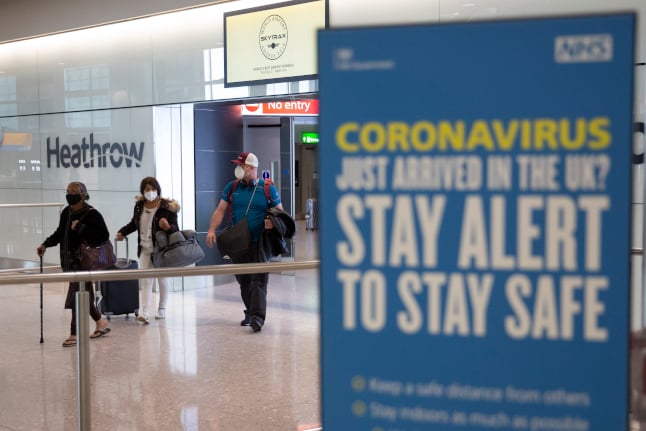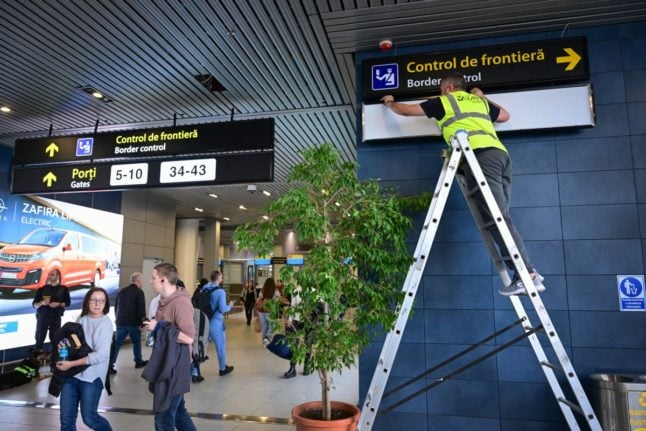Travellers from Sweden will remain subject to rules requiring them to self-isolate for 14 days after arriving in England, said the UK's Department for Transport as it lifted travel restrictions for a number of other countries.
“We have reviewed extensively the conditions in Sweden, based on a range of factors including the prevalence of coronavirus, the numbers of new cases and potential trajectory of the disease in that destination. Quarantine requirements have been informed by categorisation by the Joint Biosecurity Centre, in close consultation with Public Health England and the Chief Medical Officer,” read a statement by the British Embassy in Stockholm explaining why the restrictions weren't lifted for travellers from Sweden.
A full list of countries exempt from the quarantine can be found here. From July 10th, passengers arriving from those countries will not be required to self-isolate on arrival in England, “unless they have visited or stopped in any other country or territory in the preceding 14 days”, according to the Department for Transport.
The UK's devolved administrations in Scotland, Wales and Northern Ireland will make their own decisions on travel restrictions. But the latest news from the Scottish press suggests that the 14-day quarantine will remain in place in England's northerly neighbour after July 10th, with Scottish First Minister Nicola Sturgeon having been particularly critical of British PM Boris Johnson's approach to easing coronavirus lockdown measures.
No decision has been made on whether Wales or Northern Ireland will follow England in lifting the 14-day quarantine on July 10th. Currently travellers arriving in England, Wales and Northern Ireland could face a fine of £1,000 ($1,247) if they fail to self-isolate for the full 14 days, and a £480 fine in Scotland.
The UK currently advises against non-essential travel to Sweden, where more than 70,000 people have tested positive for the coronavirus to date and almost 4,500 have died.
Sweden on Tuesday lifted its recommendations against non-essential travel to 14 European countries, but its advice against non-essential travel to the UK remains in place, until July 15th. There have been more than 243,000 cases of the coronavirus in England to date, and almost 40,000 deaths.
The Swedish foreign ministry's recommendation is however linked to travel restrictions and the fast-changing global situation, which could leave travellers stranded, rather than infection risks posed directly by the coronavirus itself. Sweden's advice against travel is not a legally binding ban, but has other implications, for example that your travel insurance may not be valid if you disregard the advice.



 Please whitelist us to continue reading.
Please whitelist us to continue reading.
Member comments